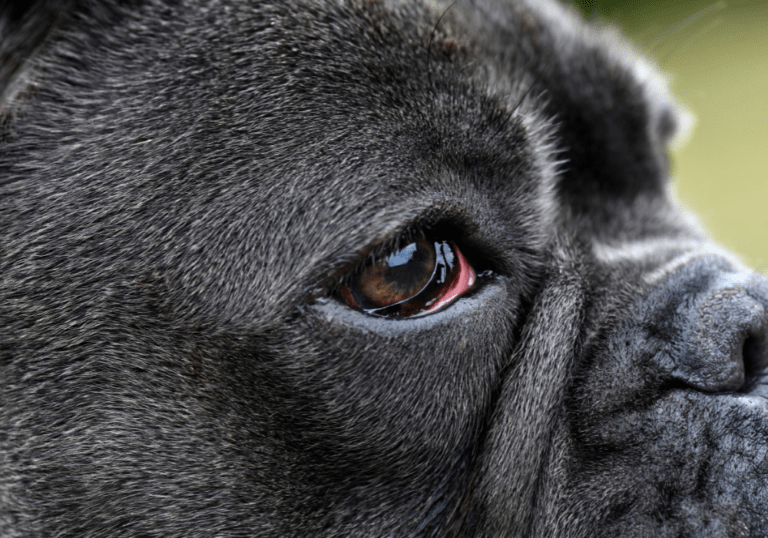Dog Eye Infection: Symptoms & Treatment

Dogs, much like humans, can suffer from eye infections that can severely impact their comfort and vision. As a responsible pet owner, it’s essential to be vigilant about your dog’s eye health and recognize the symptoms of potential infections. Early detection can make a significant difference in your dog’s recovery time and overall health.
What Are the Most Common Types of Eye Infections in Dogs?
Dog eye infections can manifest in several ways. The most prevalent types include:
- Canine Conjunctivitis: Inflammation of the membrane lining the outer portion of the eyeball.
- Canine Uveitis: Affects the internal structures of the eye, such as the iris.
- Canine Keratitis: Involves inflammation of the cornea.
Each of these conditions can lead to discomfort for your dog, and it is crucial to recognize the signs early.
Dog Eye Infection Symptoms
If you suspect your dog may be experiencing an eye infection, look for the following common symptoms:
- Swelling around the eye
- Eye redness
- Eye discharge (watery, white, reddish-brown, yellow, or green)
- Excessive blinking or squinting
- Light sensitivity
- Pawing at the affected eye
It’s important to consult our doctors at Willow Glen Pet Hospital as soon as you notice any of these symptoms. While eye infections in dogs are generally not life-threatening, they cause considerable discomfort and may indicate underlying health issues that require attention. Moreover, many eye problems that may seem minor can lead to permanent vision impairment if left untreated.
What Are the Causes of Eye Infections in Dogs?
Eye infections in dogs can arise from various causes, including:
- Bacterial infections
- Viral infections
- Allergies
- Trauma to the eye
- Foreign bodies (e.g., grass seeds)
- Tumors
Fungal infections - Irritants (dust, smoke, etc.)
- Other eye diseases (e.g., dry eye or glaucoma)
- Eye abnormalities (e.g., cherry eye)
While many eye issues in dogs are not contagious, it is wise to limit contact between pets until a veterinarian has examined your dog.
Dog Eye Infection Treatment
Upon noticing any signs of eye infections, it’s natural to feel concerned. Thankfully, numerous treatments are available to help your dog recover quickly. The specific treatment prescribed will depend on the type of eye infection diagnosed by our veterinarians.
- Antibiotics: These are typically prescribed for bacterial infections.
- Antihistamines or Anti-Inflammatories: These may be recommended for eye issues stemming from allergies.
- Surgery: In some cases, surgical intervention may be necessary to correct eyelash abnormalities or clear blocked tear ducts.
Can Dog Eye Infections Be Prevented?
While it can be challenging to shield your dog’s eyes from potential hazards, there are proactive measures you can take to reduce the risk of eye infections:
- Dog Goggles: If your dog enjoys outdoor adventures, consider investing in dog goggles to protect their eyes from debris and harmful UV rays. It may take some time for your pet to adjust, but the protection is worth it.
- Grooming: Keeping the hair around your dog’s eyes trimmed can prevent irritation. Always consult a professional groomer to avoid accidents near their eyes.
In conclusion, being proactive about your dog’s eye health is essential for their well-being. If you suspect your dog may have an eye infection or if you have any concerns about their eye health, don’t hesitate to consult our doctors at Willow Glen Pet Hospital.
If you need more help or have any questions, call us at Willow Glen Pet Hospital, (669) 342-7472, 1033 Willow Street, San Jose, CA, 95125, US. Hours: Monday – Saturday 8:00 am – 6:00 pm. Dr. Gillon or Dr. Shani or visit us online.
